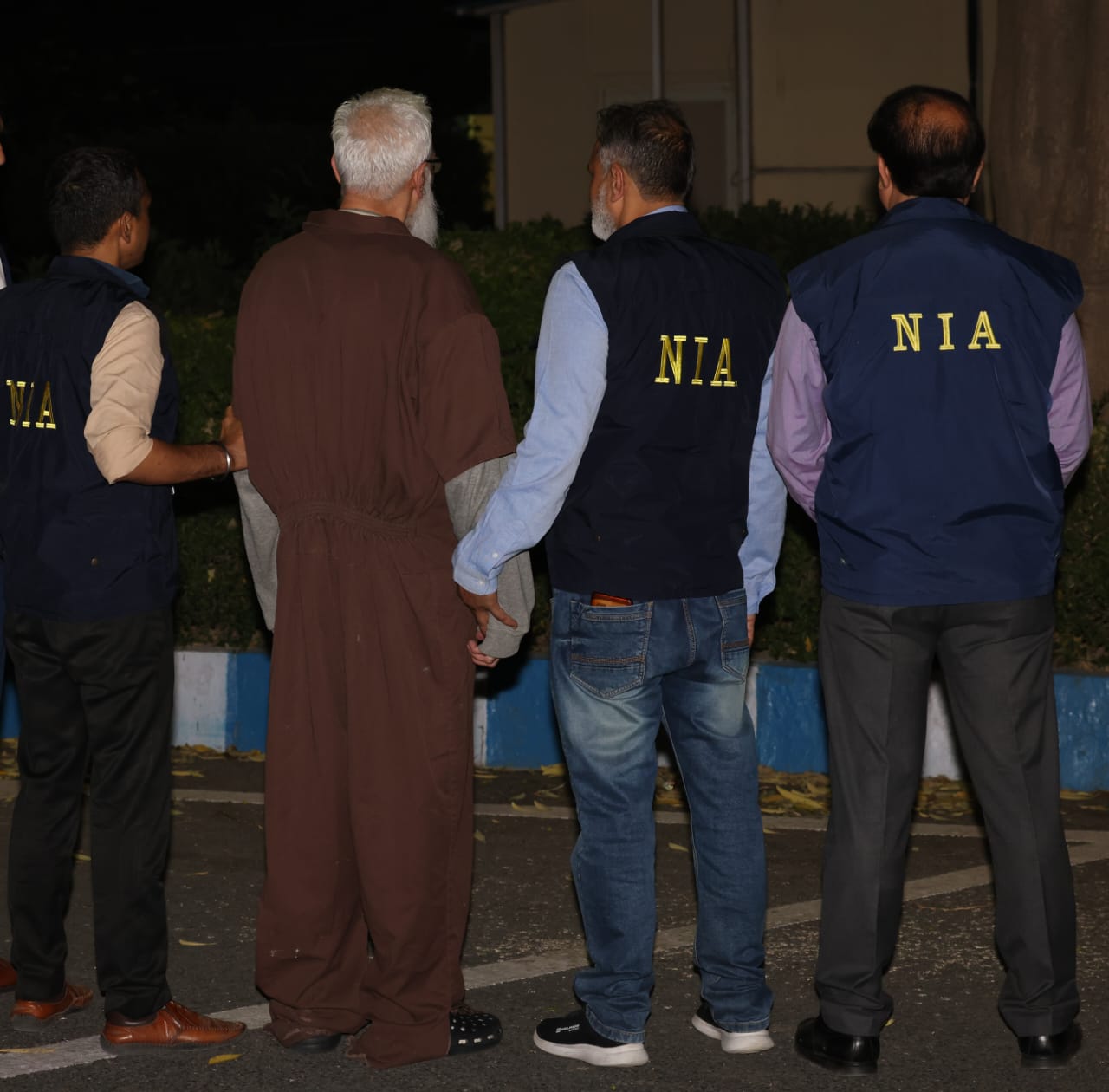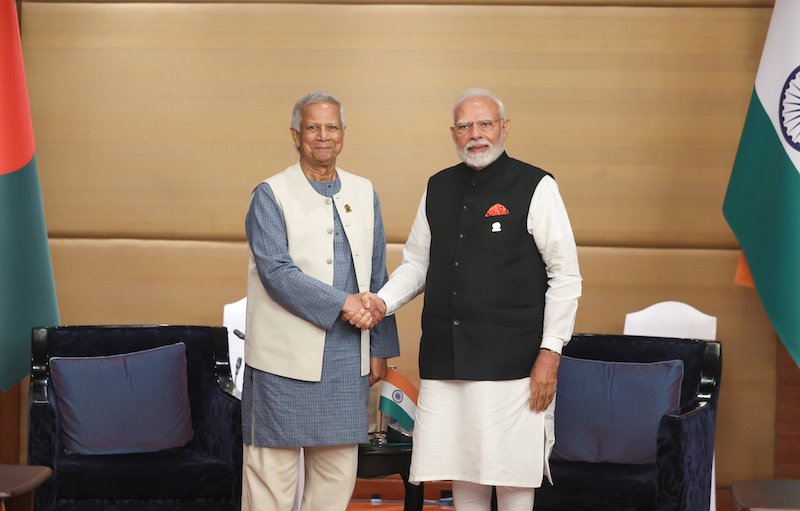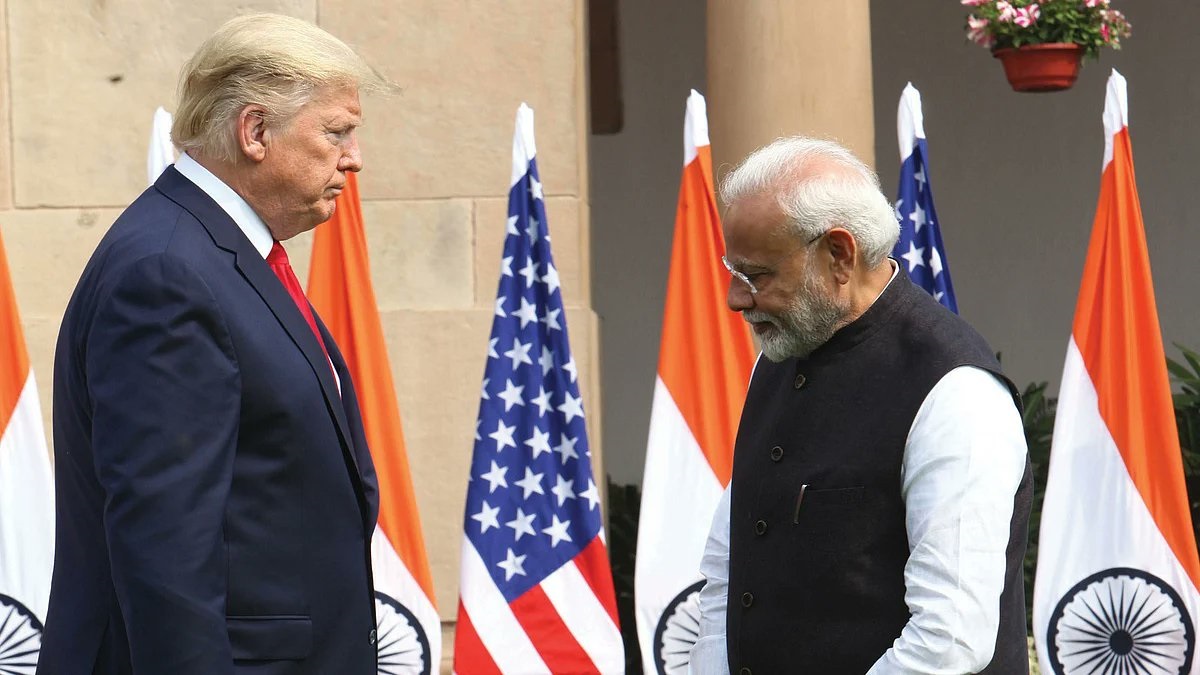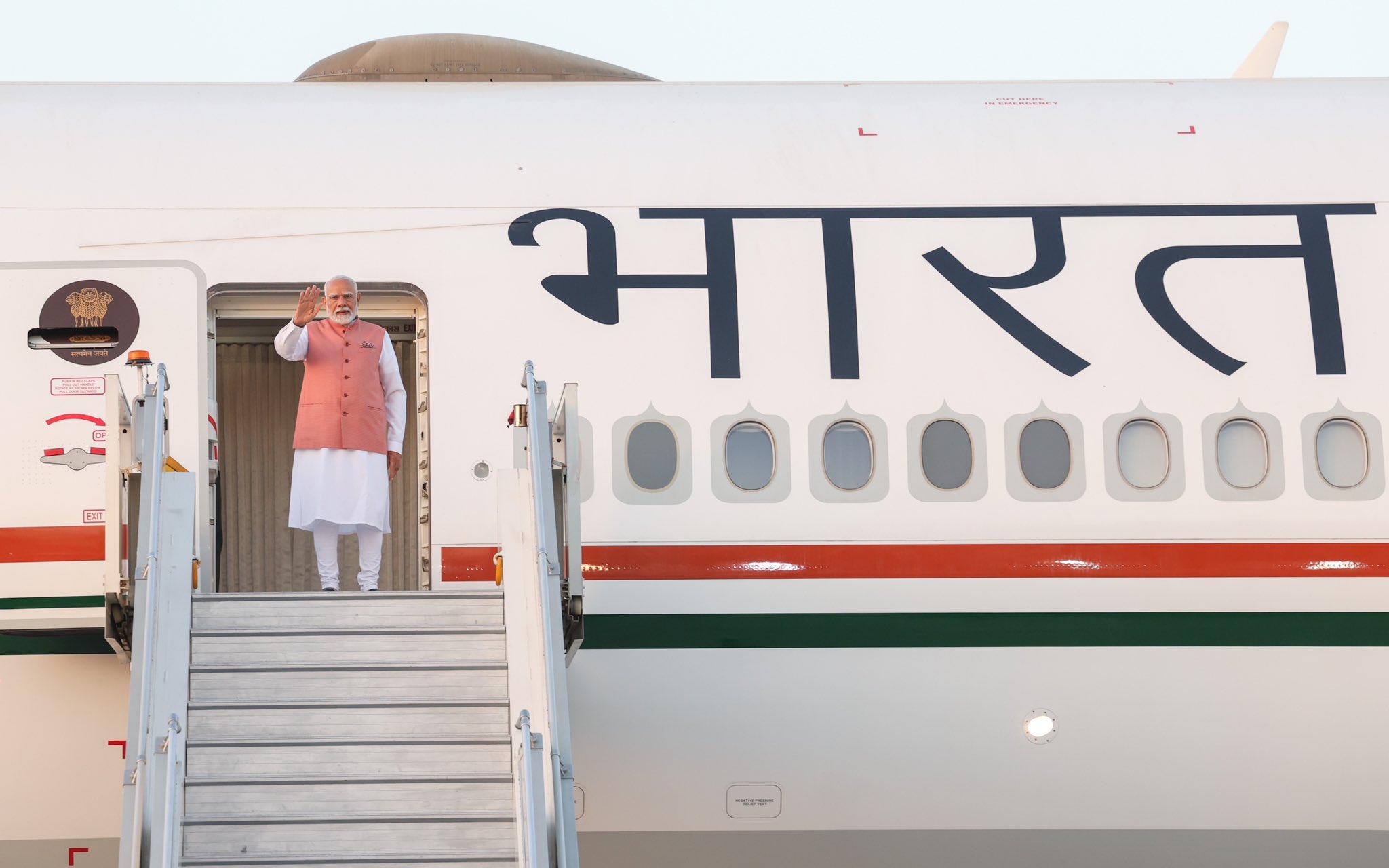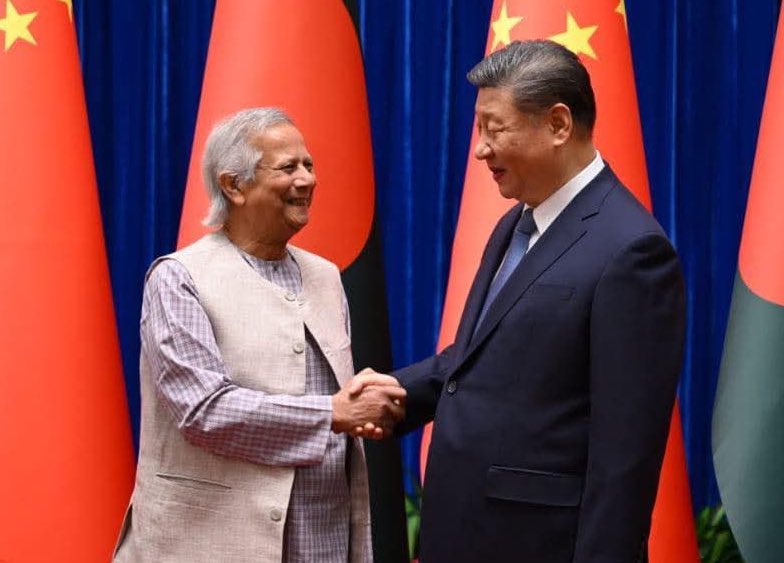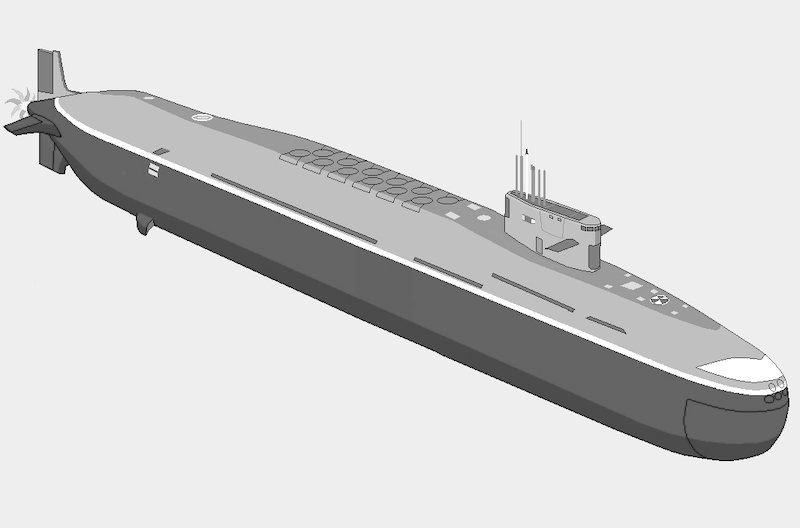 An artist’s impression of INS Arighat. (Illustration via Wikipedia/Creative Commons)
An artist’s impression of INS Arighat. (Illustration via Wikipedia/Creative Commons)
New Delhi: On the day of the commissioning of India’s second nuclear-powered ballistic-missile submarine (SSBN), INS Arighat, Beijing’s mouthpiece Global Times carried an opinion-based short story with the byline of its defence reporter, Liu Xuanzun, in which it said unnamed “Chinese experts” have urged India to act as a “responsible” nuclear power. INS Arighat was commissioned into service with the Indian Navy on Thursday with the defence minister, Rajnath Singh, presiding over the event, as India Sentinels had reported.
The story cited an anonymous “Beijing-based military expert” who acknowledged that the induction of INS Arighat is a significant enhancement of India’s nuclear deterrence capability. However, the expert emphasized the need for India to wield this power judiciously to maintain regional stability.
The report, quoting the expert, said: “With more nuclear-powered ballistic missile submarines, India’s nuclear deterrence force has increased, but along comes its responsibility in wielding such power.”
“As long as they exist, nuclear weapons should be used in safeguarding peace and stability, not muscle-flexing or nuclear blackmailing,” the report further said quoting the expert.
The induction of INS Arighat, which can carrying both conventional and nuclear-capable K-15 and K-4 submarine-launched ballistic missiles, is seen as a counterbalance to China’s expanding naval presence in the Indian Ocean region, including the regular patrols of the Type 094 SSBNs of People’s Liberation Army – Navy (PLA-N). The K-15 has a range of 750 kilometres and the K-4 has a range of 3,500 kilometres.
While Being’s reaction has been to advocate for nuclear responsibility, it also implicitly acknowledges the strategic implications of India’s growing nuclear capabilities, which are perceived as a challenge to China's influence in the region.

